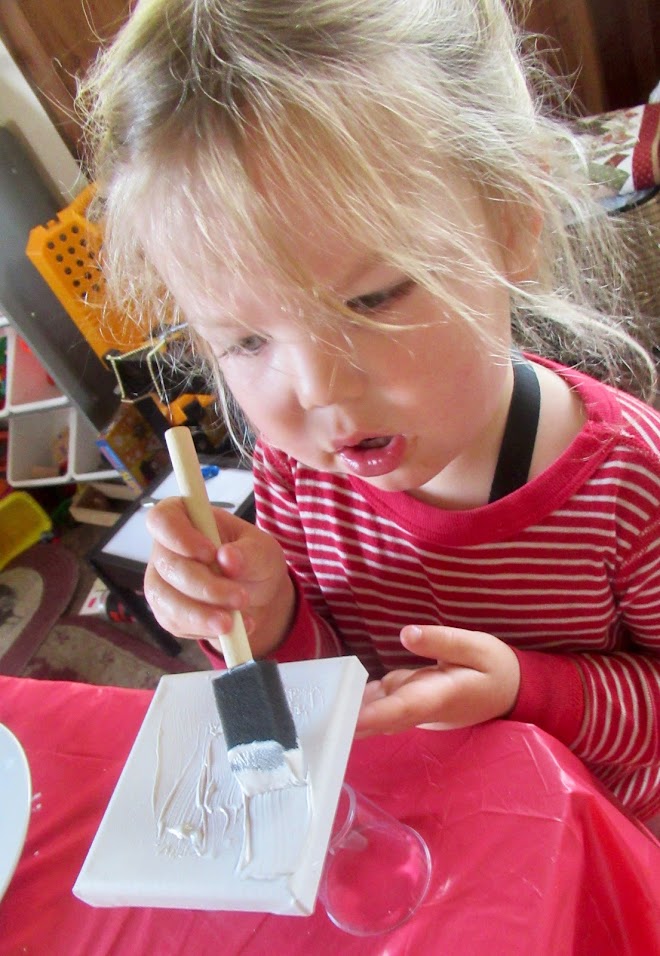Choice
Tell a middle school student, “Don’t do that.” What happens? Tell another middle school student, “You have to do this.” Same result. This perspective is not limited to teens, but many people associate it with that age level.
My advice to students was always, “Choose wisely.” When preparing for Yosemite, and presenting expectations, we always looked at the big picture. When the subject of alcohol, or any controlled substance came up, we emphasized that poor choices would result in consequences, not punishment. There is a difference.
If a student made a poor choice, then consequences did not come as a surprise, thus diminishing the notion of punishment. When discussing the tendency of teens to mimic adult-like behavior, we always asked which of two choices was preferable.
The first involved a field trip venue, ten hours’ distance away, with parents required to come and retrieve you, if you made a poor choice. The second choice involved a venue located at your own home or that of a friend, when no one was going anywhere for the night, especially in a moving vehicle. We did not tell students, “Don’t drink alcohol, and don’t ‘do drugs.’” We asked them to make wise choices, and consider all factors.
This concept of choice, introduced at a key point in kids’ lives, is very important to the big picture. I have been communicating with my sister JT, who works in the Sebastopol School District, as a counselor. She works hard, but has always maintained that she got into education because she wanted to make a difference, and that she enjoys it.
What’s the problem? JT also enjoys spending time with her family, reading, painting, walking her dogs, bike-riding and a host of other activities which comprise her world. She was beginning to feel as though “work” was overcoming her life, and that there was not enough time for those things that she thought of as her richer activities.
When it got to the point that she was stressing out about it, she sat down and re-examined her priorities. She discovered that she had inadvertently moved her job, from her list of choices, to a different mental list, leaving her feeling as though she were being ripped off. By replacing her job under the heading of enjoyable activities, and by recognizing that she chose to get into education, as opposed to real estate, or graphic designing, she put her job back in the realm of acceptable activities. This helps to keep her in a positive frame of mind.
Parents determine how much choice their kids have. Some parents allow too much choice, and we see how over-indulged children struggle with the real world. Other kids have no choice, subject to the constraints that their parents have, when it comes to working for a living and providing food for the table. How much time is left for kids, depends on the parent(s). Some parents attend every event in which the kids participate; others attend the most important events, and still other parents do not even put that concept into their frame of reference.
Recognizing that life is a series of choices, and that any path in life is formed by these choices, helps a person keep from getting bogged down by the frustrations of day-to-day life. Being able to endure the difficult times becomes more manageable when you recognize that you have the choice to change jobs within your field, or even to switch fields.
Is it easy or practical? If it were, we wouldn’t be having this discussion. Is it doable? That depends on the individual. Is it worth trying? Check that mental scale you have in your head, which weighs all factors, and kicks out the result. Is there some form of anxiety or stress, in the form of back-aches, intestinal distress, headaches, sleeplessness, ulcers or other indications, that the ship is not on course?
Looking within yourself is the only way to answer that question. If there are unexplained chronic problems, then a person needs to start sifting through the components which make up a life, and determine if a crossroads is being approached. Otherwise, get off the path and build your own road, and then pave it by not looking back. Looking back is for those at the front of the line. There’s no line in life, except the one you form. Form it the way it works best for you, by making wise choices.















No comments:
Post a Comment